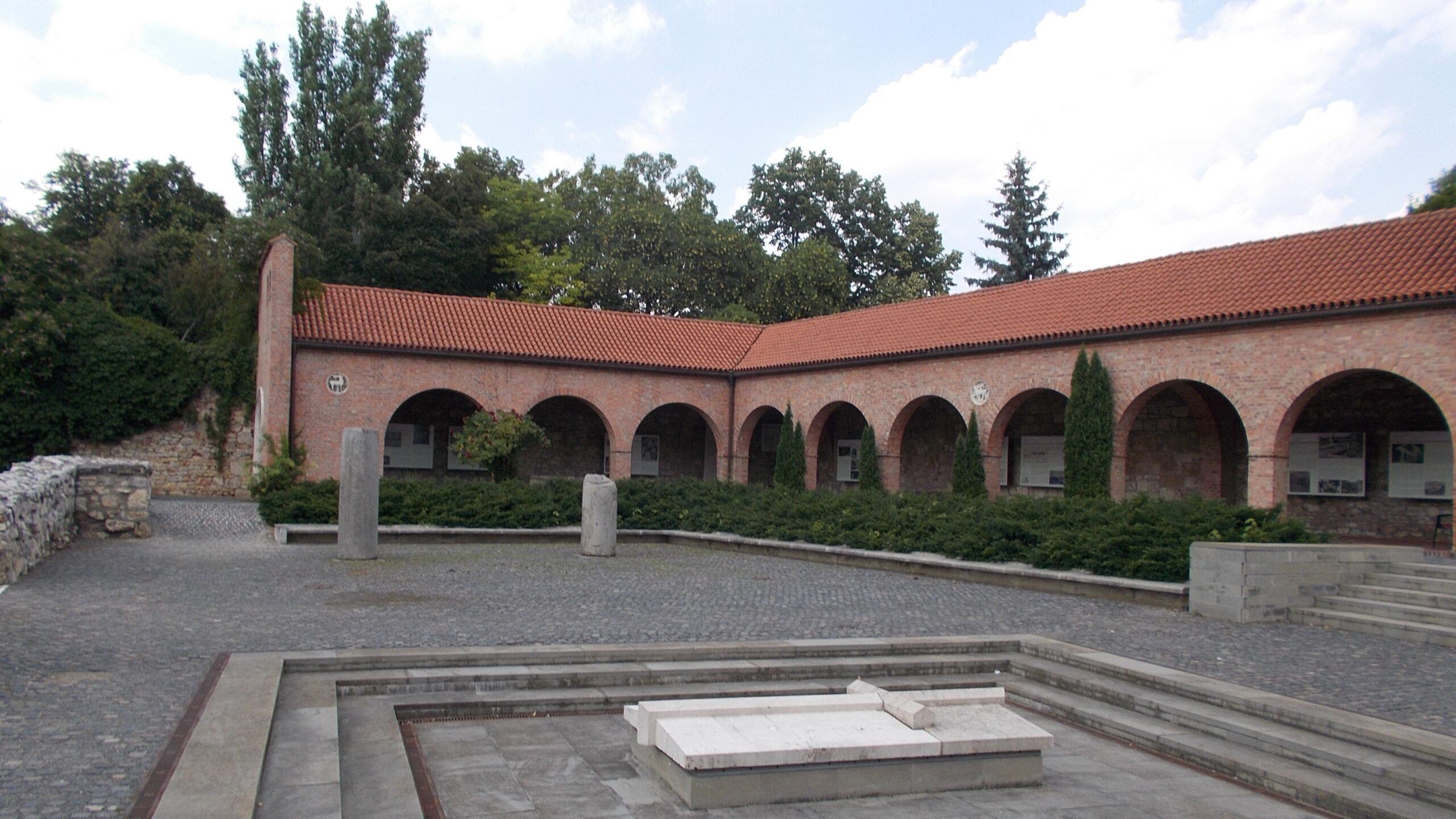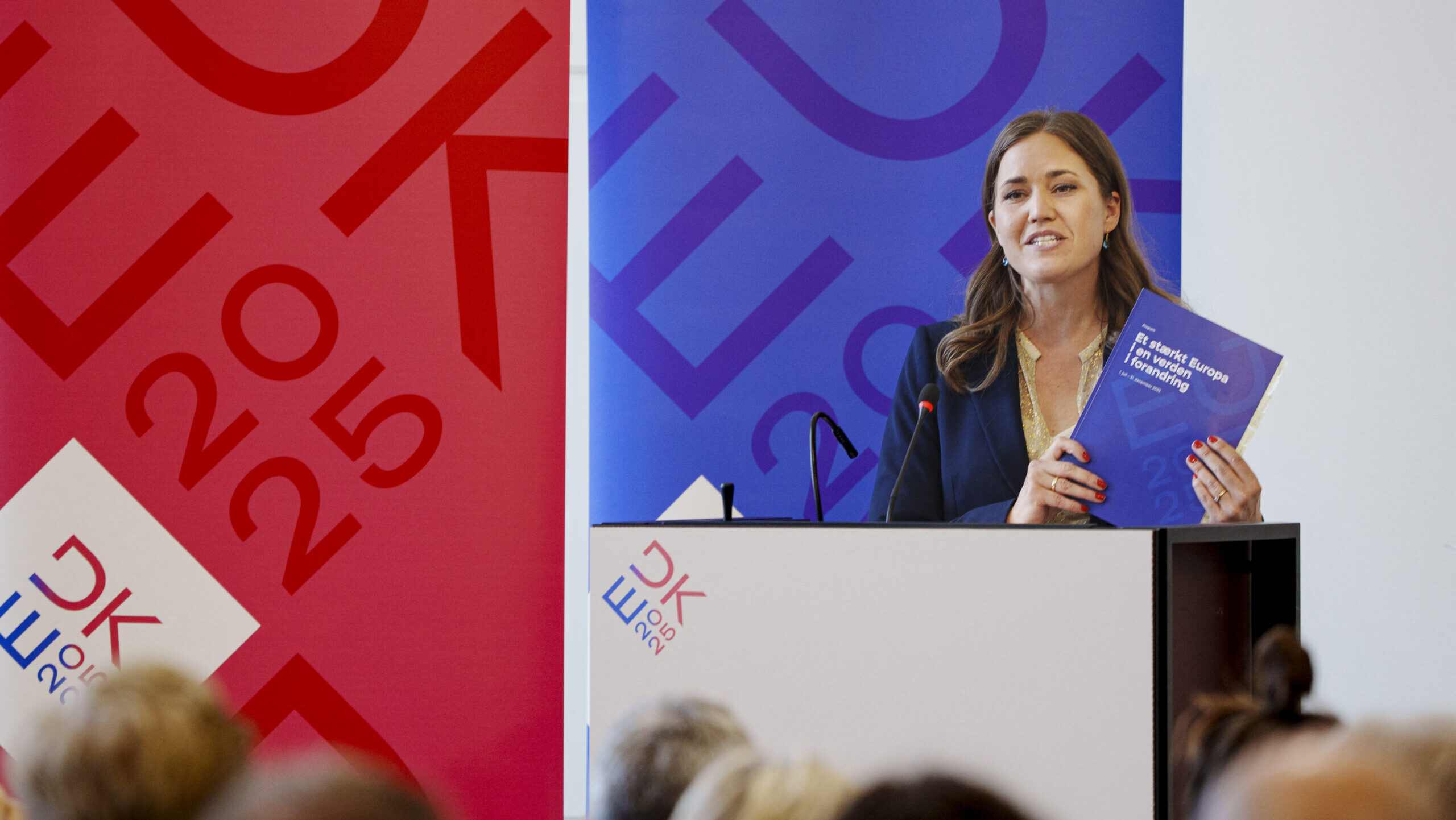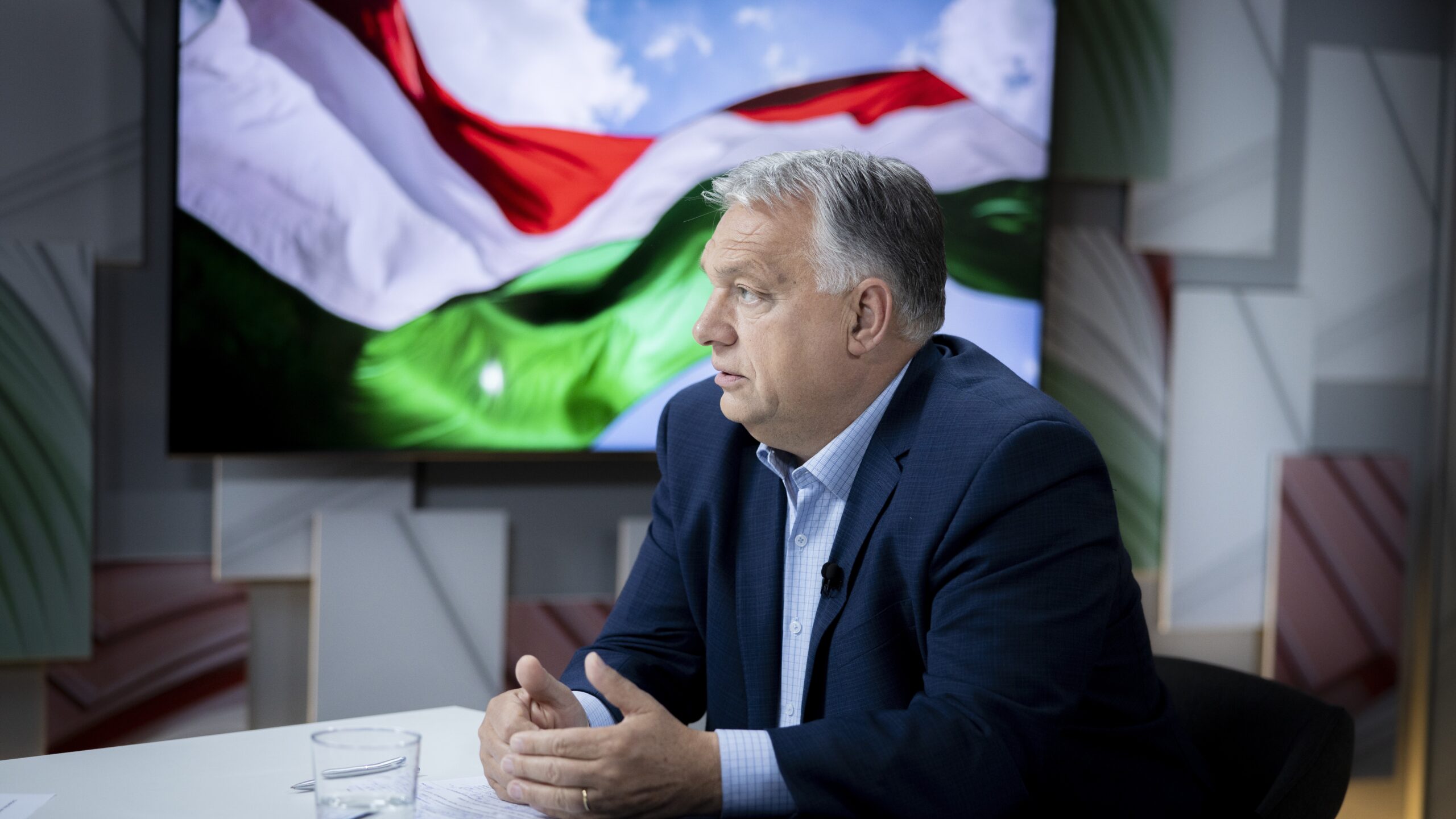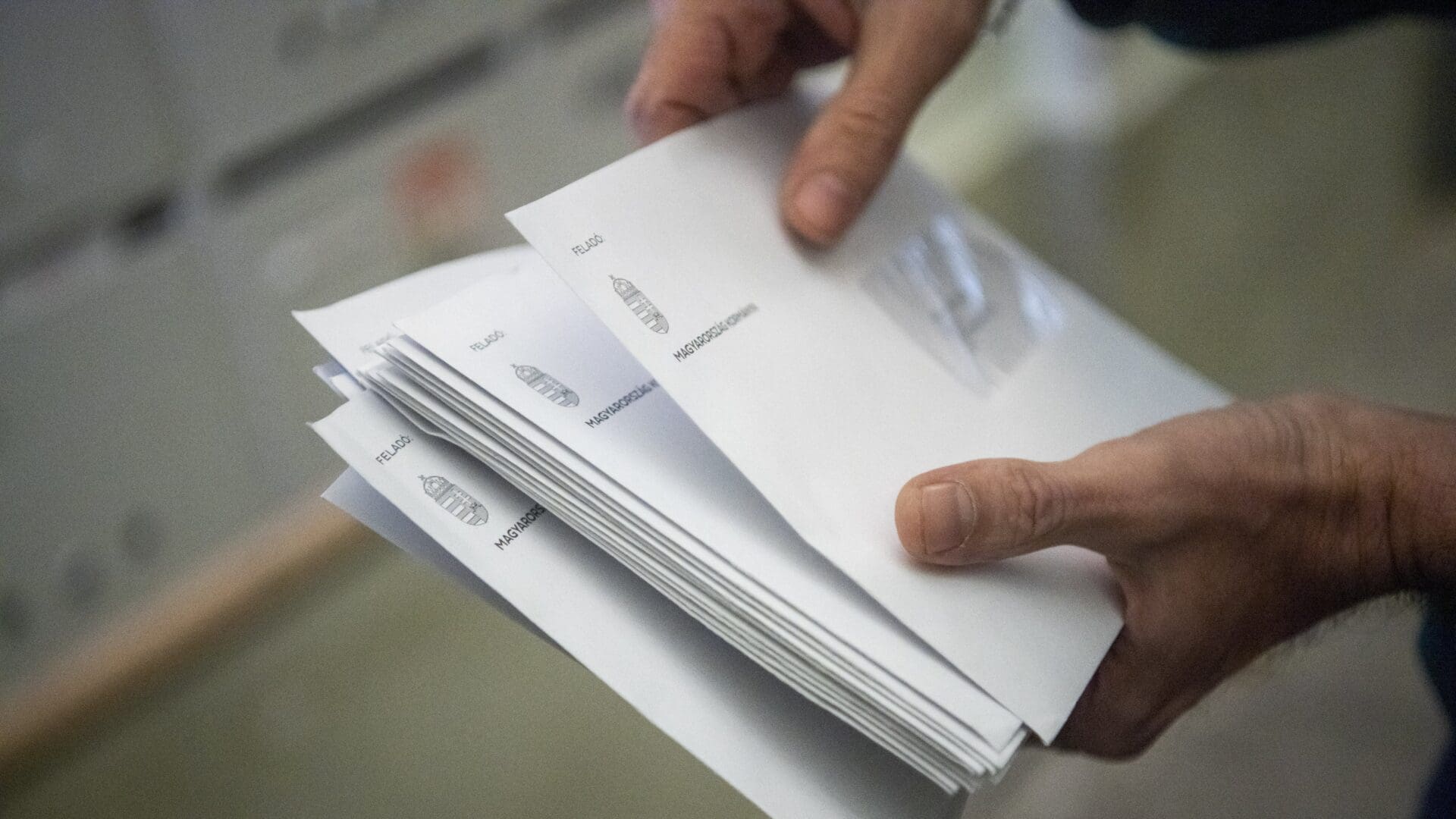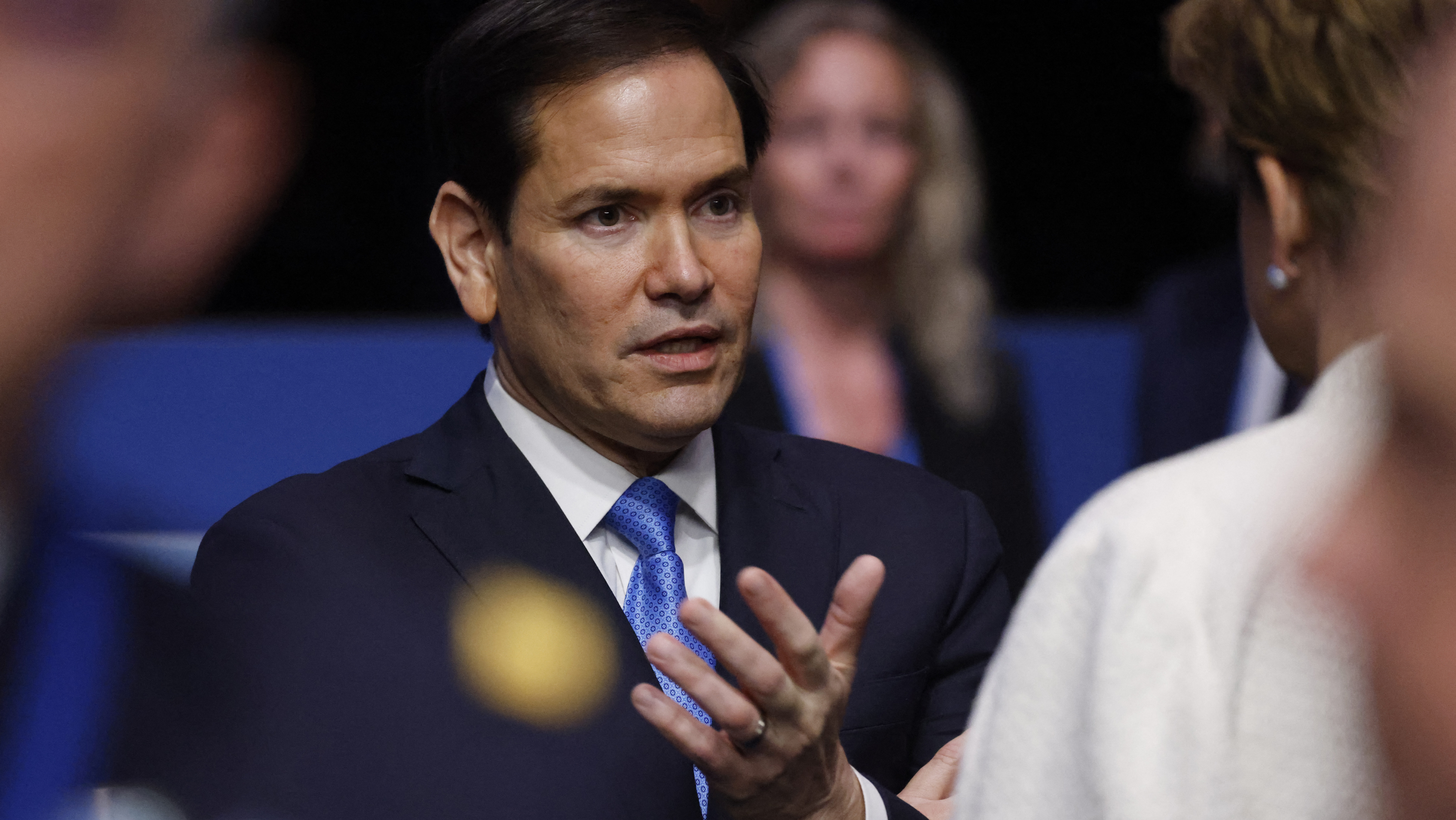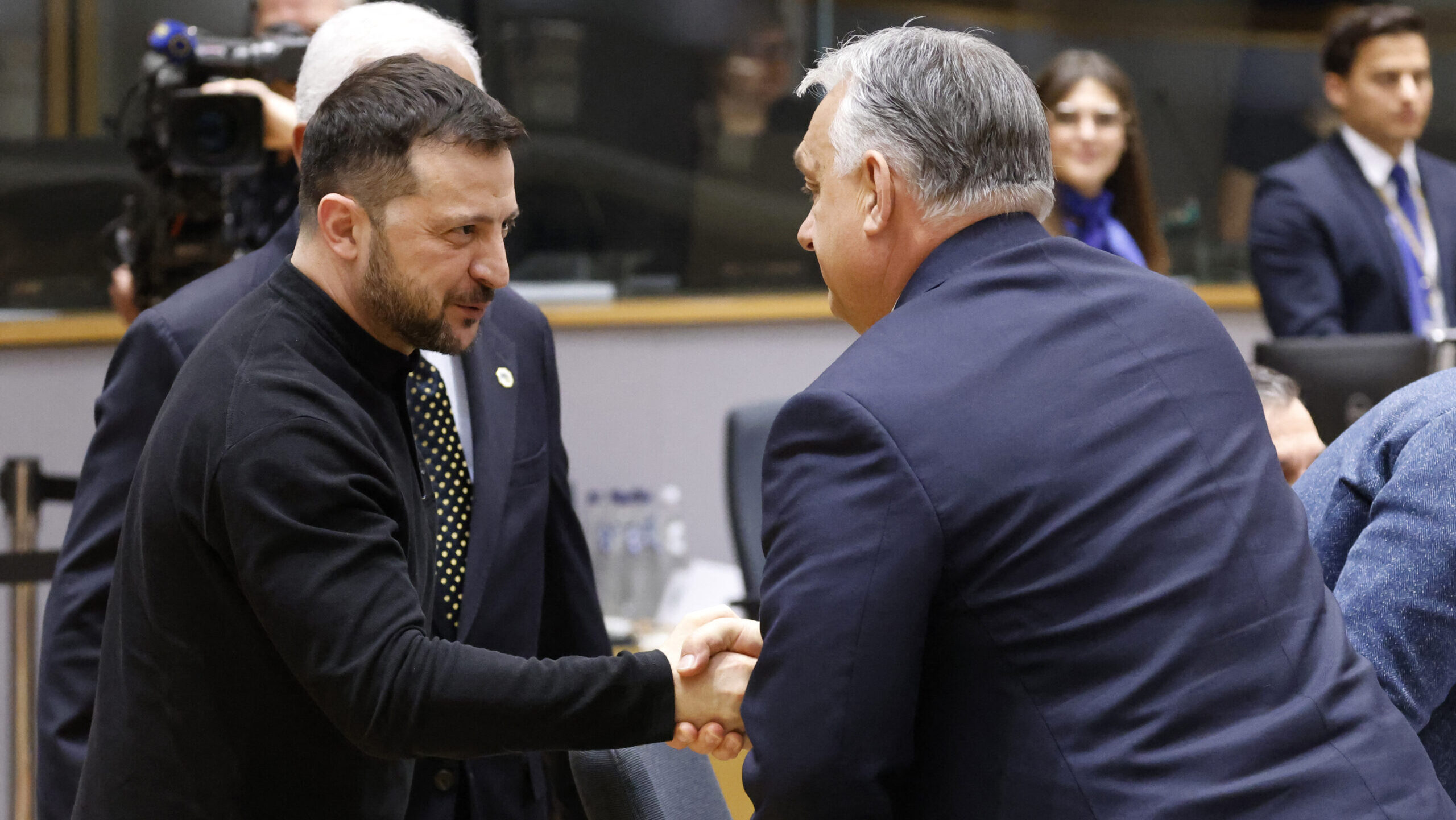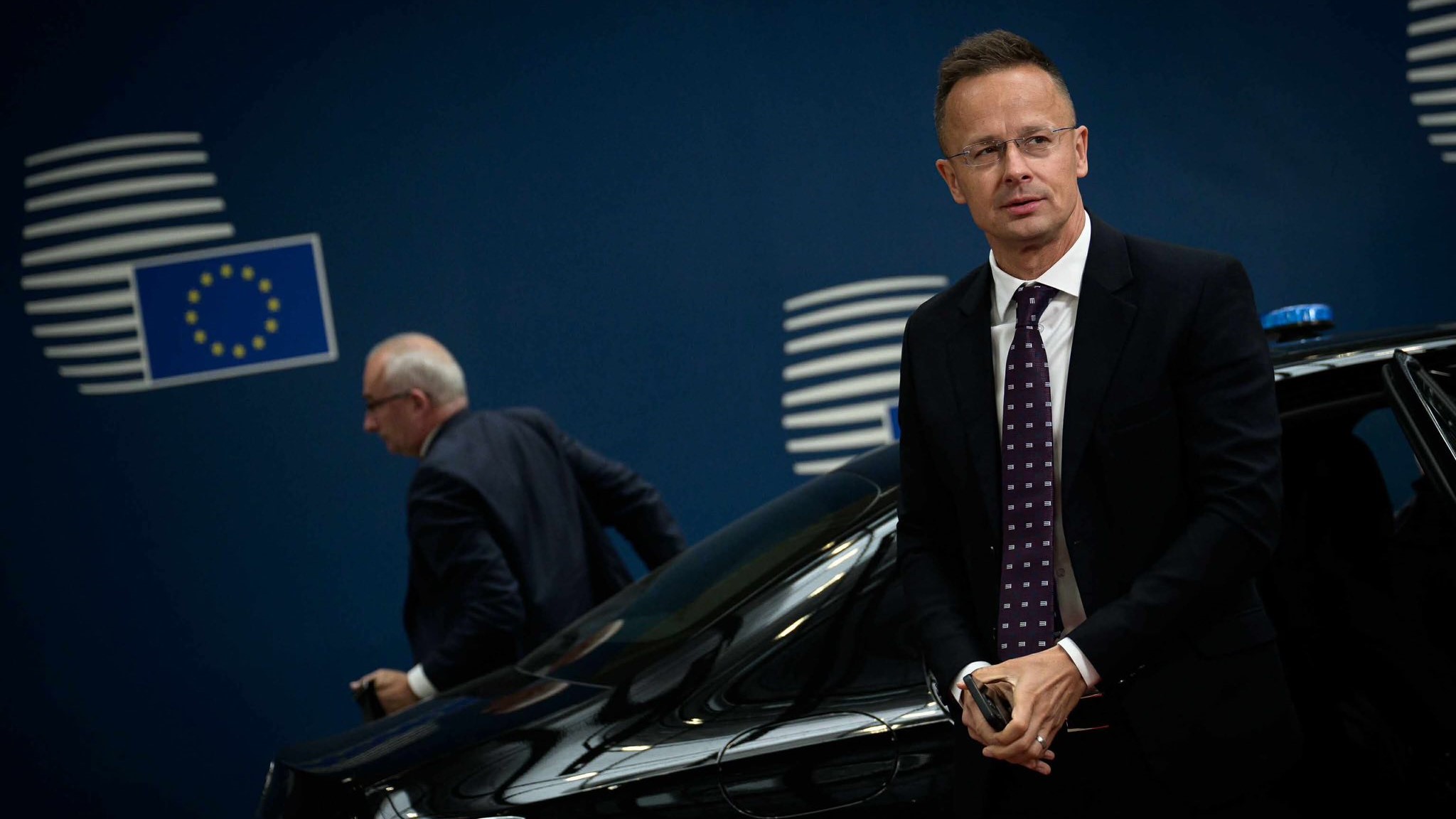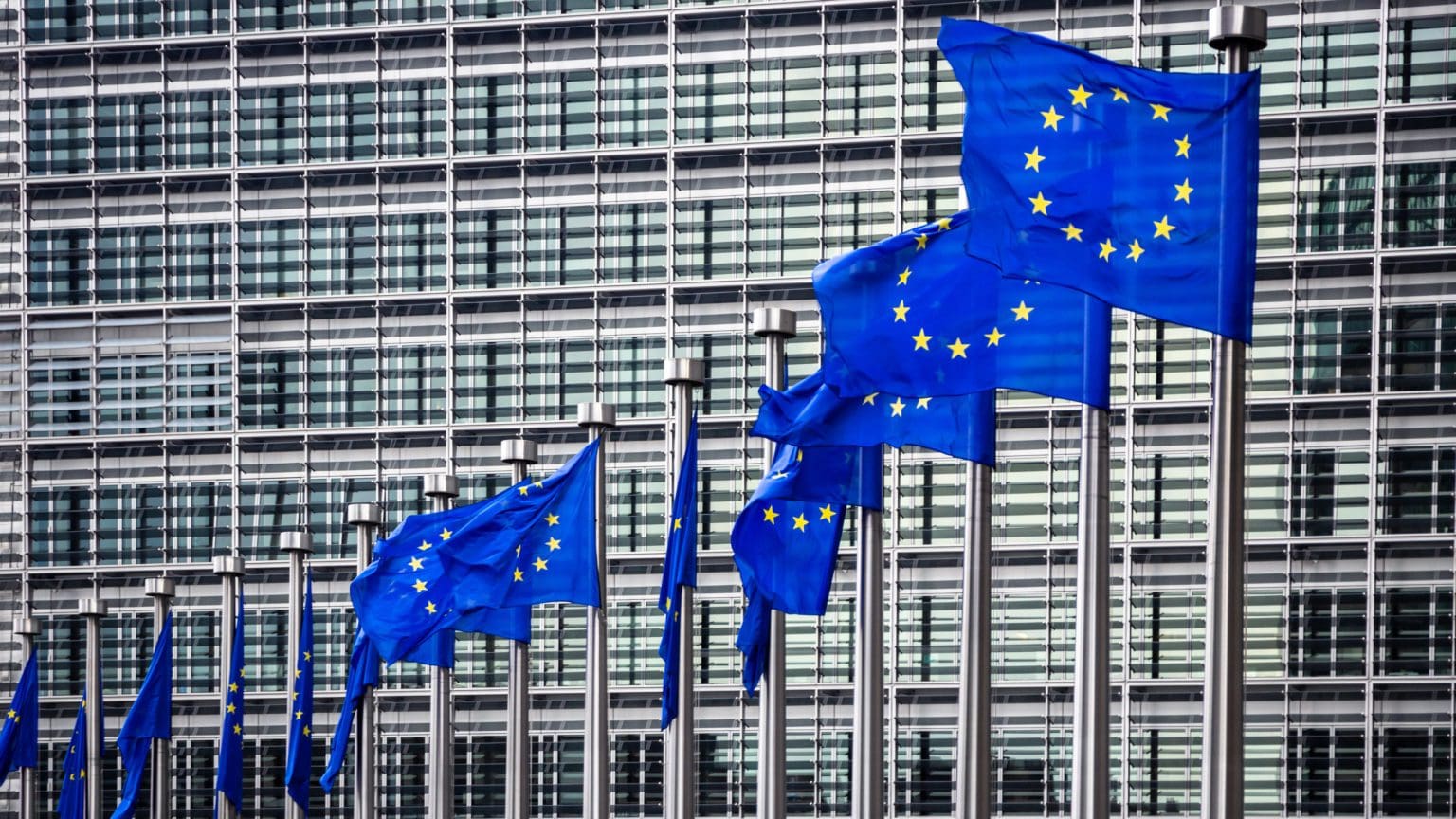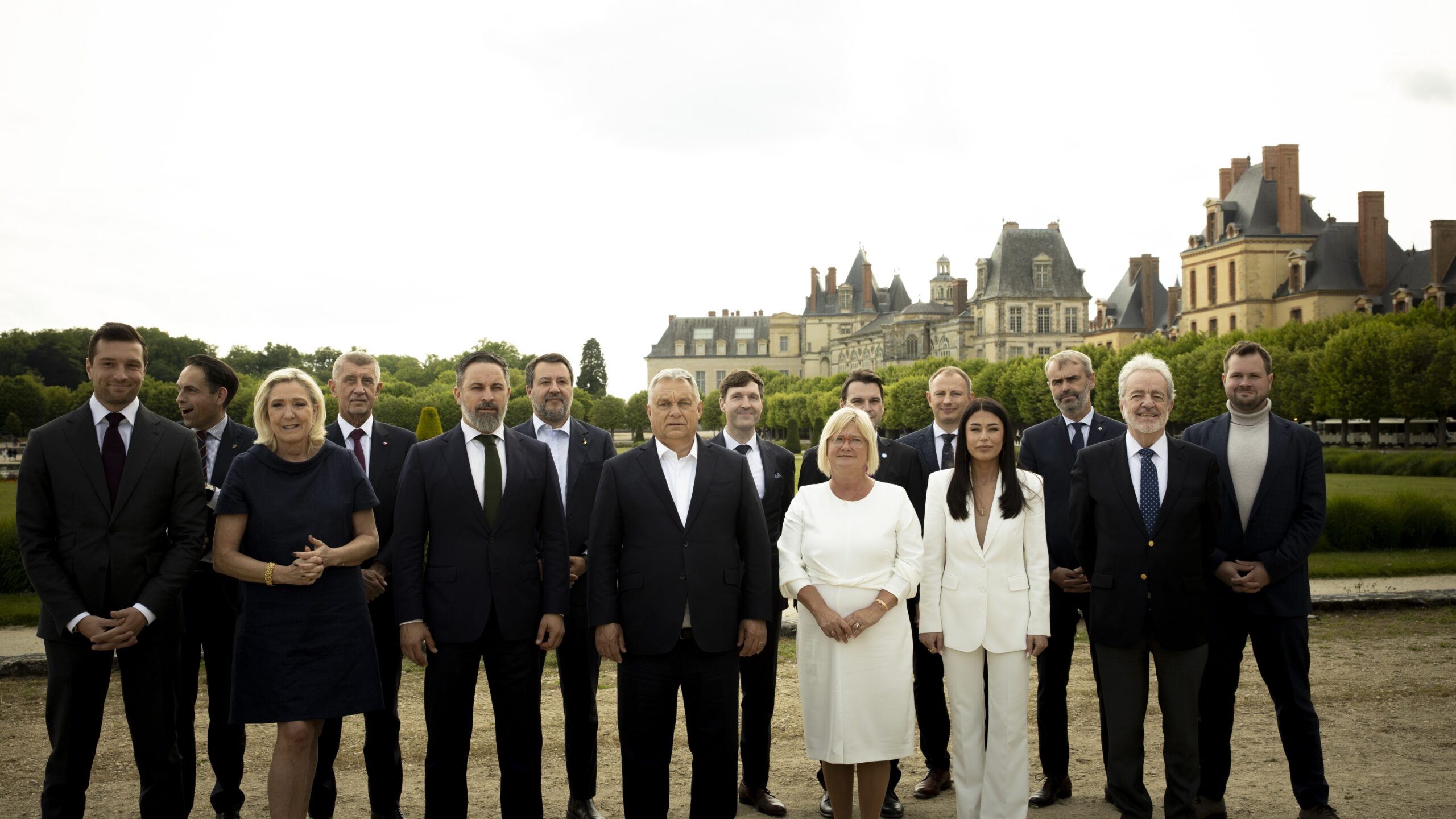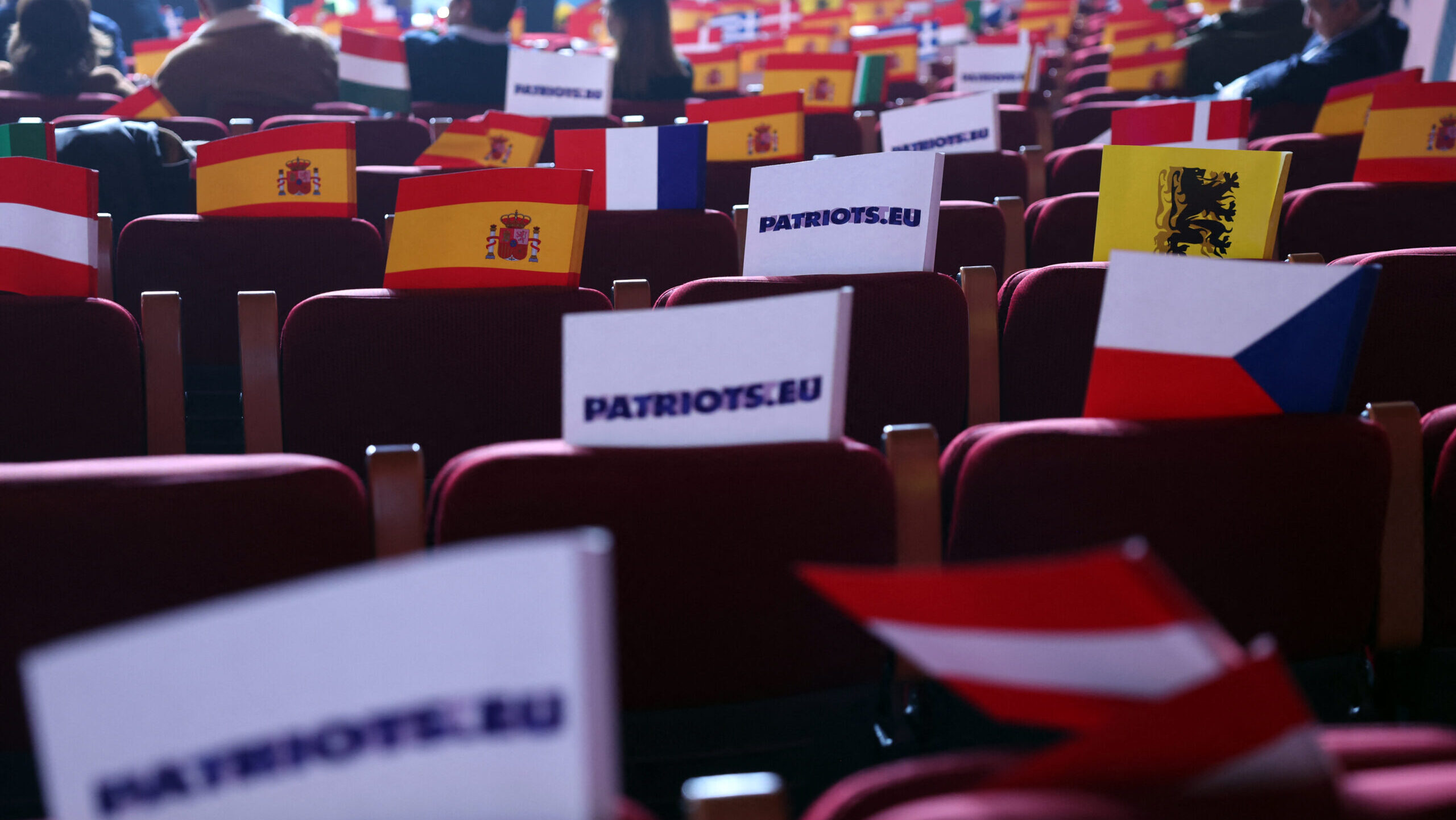
Orbán’s Patriots to Lead EU 2040 Climate Target Talks
The right-wing political group Patriots for Europe (PfE) will lead negotiations on the EU’s 2040 climate target in the European Parliament. PfE’s rapporteurship is a significant blow to progressive-green forces who have been pushing their aggressive and flawed agenda in recent years, and it represents a clear victory for ordinary European people.

